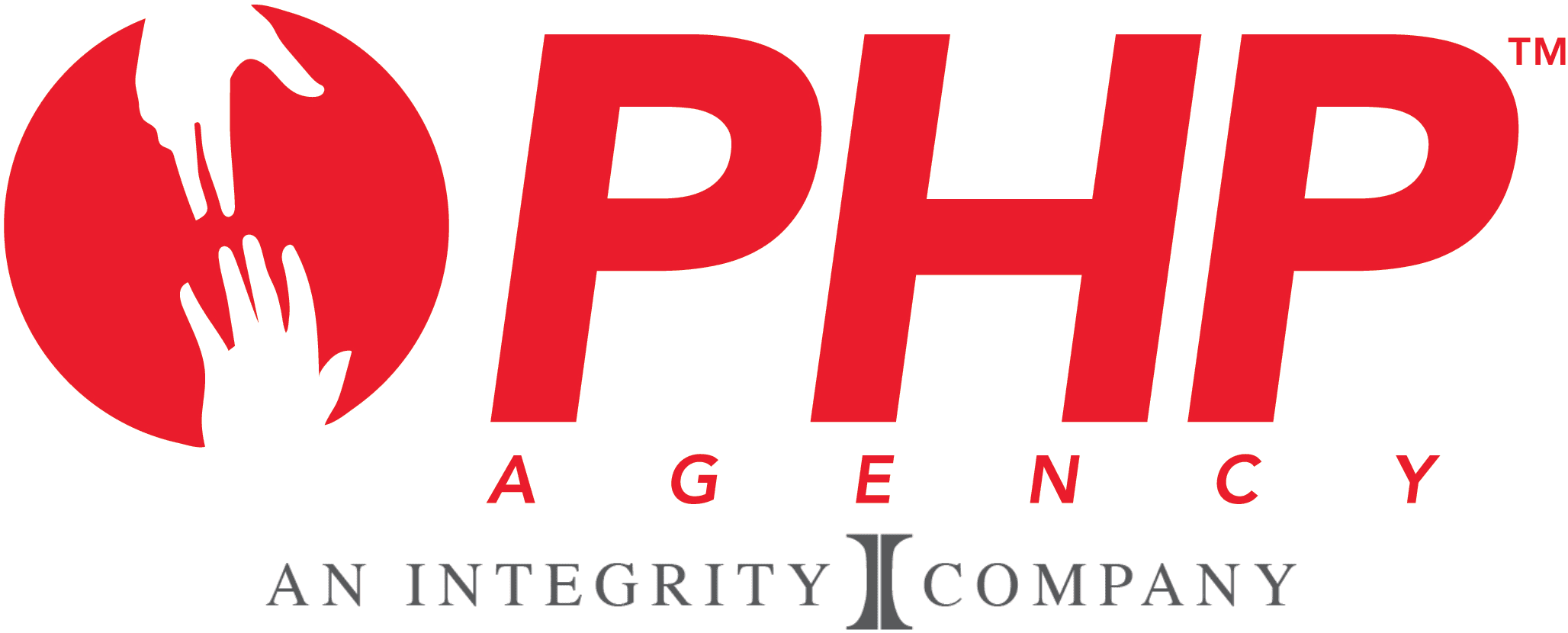Death is a guarantee of life, though the exact day is never known. Although nobody ever wants to think about passing away and leaving behind a family, it’s better to plan for the event rather than react to it.
The last thing anyone would want to do is to leave loved ones scrambling around trying to figure out how to continue living after their provider has passed. So, while the day is hopefully in the very far future, here are some tips for securing your family should you die.
Financial Security
Suppose you pass away, not only would your family be grieving your loss, they’d be trying to figure out how to fill the void of your financial contributions. Whether you’re the primary provider, paying child support or alimony, or caring for someone with a disability, ensure your family is protected with adequate life insurance.
Though several factors go into calculating how much life insurance to purchase, such as debt, income, mortgage, and college tuition, there is also a general rule of thumb here. Get enough insurance to cover ten times your current income. That buys your family a cushion to settle debts, provide some time to heal, and plan for the future.
Depending on what your current financial and physical status is, there are several attractive options for purchasing life insurance to protect your family, including:
- Term Life
- Whole Life
- Survivorship Life
Understanding what each of these policies includes, how they payout, and how your family could benefit from them is a critical component in purchasing one. If you’re unsure about what your family may need, it may be best to speak with an insurance agent before buying one.
Communicate and Stay Organized
It may seem obvious, but after your passing, your ability to communicate with your loved ones is gone too. You can’t tell them where to find necessary paperwork or communicate your intentions. It would help if you did all of this while you’re here.
Shockingly, one survey showed that less than 20% of adults with assets to pass communicated their intentions with their heirs. If you don’t say it, nobody can know what you want after you’re gone. Additionally, a lot of paperwork is needed in the event of death. Make sure your family knows where to find the following:
- Social security card
- Legal certificates (like birth and marriage)
- Living wills or legal documents
- Income & debt paperwork (including tax records)
- Deeds, titles, safe deposit keys
Staying organized and communicating where to find important paperwork will help your family navigate life after death. Don’t leave your desires to question. Let your loved ones know your intentions and have the records available.
Final Thoughts on Securing Your Family
Death isn’t a pleasant thought while living. It would be even more traumatic if you passed and left all of your intentions and work to question. Take steps to protect your family in the event of your passing, including having financial support and detailed records. To better understand policies that could help your family speak with one of the insurance agents at PHP agency.
